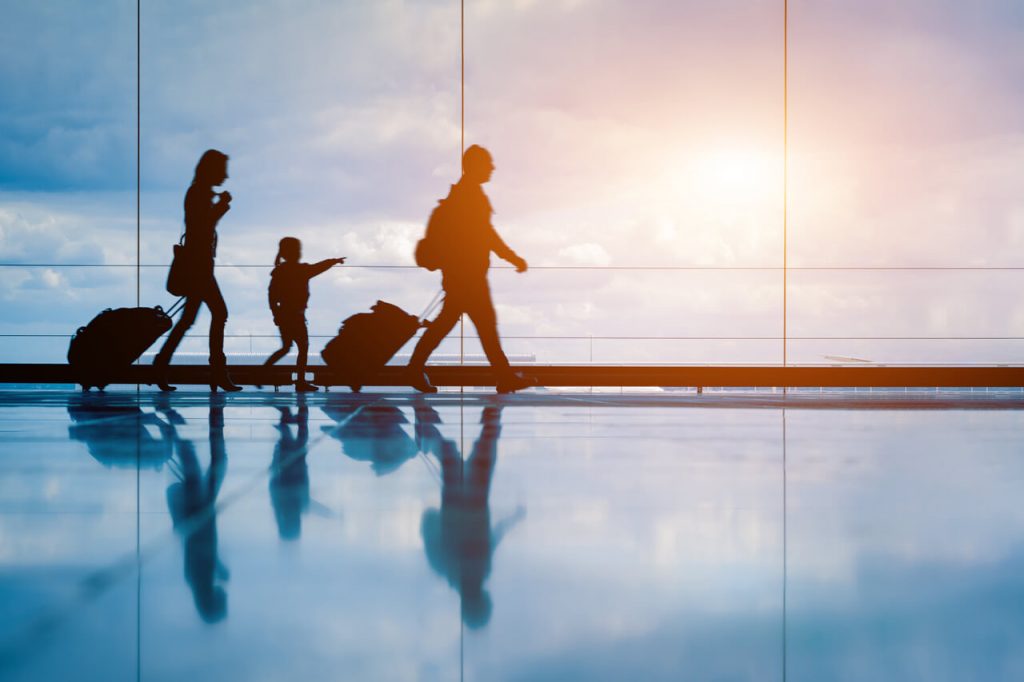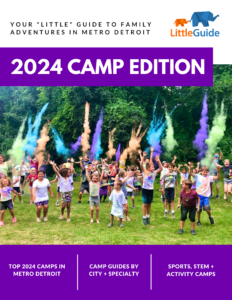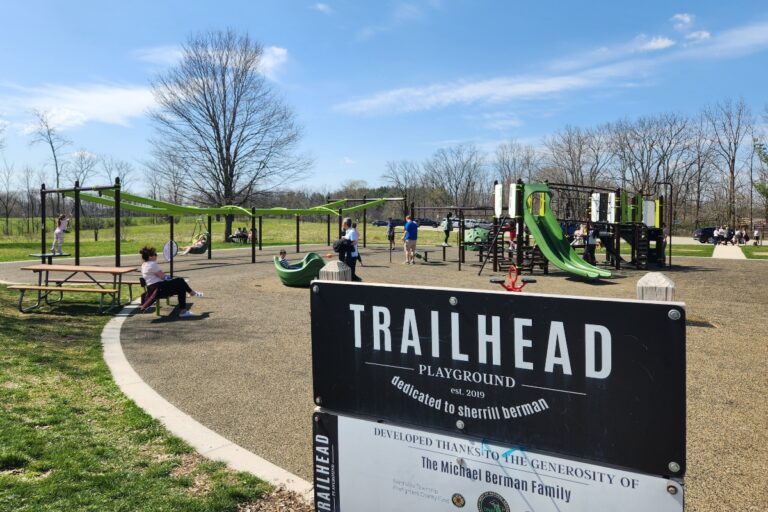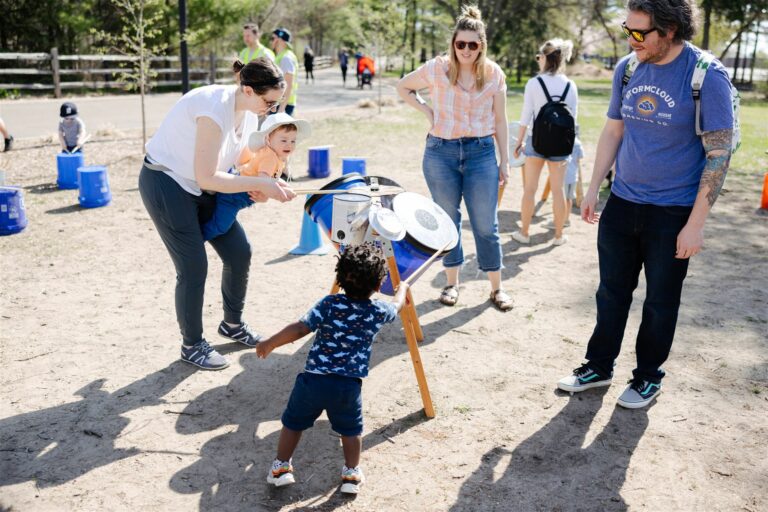I don’t think most people could have imagined just how far-reaching the Coronavirus (COVID-19) outbreak would be. Perhaps, medical professionals and scientists, but I doubt the average person gave it much thought unless they were either in a directly affected area or someone they loved was.
Unfortunately, with so much conflicting information floating around (“Don’t travel,” “You’re okay to travel, just don’t travel there.”), it has been difficult to discern just how serious this outbreak would get.
We were supposed to travel to Copenhagen during spring break (a place I researched during my doctorate and post-doc work). My oldest has wanted to travel internationally since she was a toddler and we felt the girls were now old enough to enjoy a trip abroad. We, obviously, aren’t going now. A friend’s trip to Disney was canceled. A friend’s son’s study abroad program in Italy was canceled …the list goes on.
And travel coverage? Ha! We’re looking at days—maybe weeks—for someone from the airlines and hotel to pick up the phone. Many in the travel industry don’t even know how to handle this, and I’m sure it is as stressful for them as it is for travelers.
Show Support While Others Figure Out Next Steps
There is a lot of anxiety and disappointment right now, and this is a reminder that it’s okay to be bummed about changes in plans and stressed about all of the extra work we have in front of us, trying to get answers, refunds, vouchers or credits.
Be kind and understanding to co-workers or employees who may need to make personal calls during work hours, trying to get things straightened out. For example, I have to try to get someone on the phone at our Copenhagen hotel before 11:30am Eastern because the reservation department leaves sharply at 5pm CEST. So, that may mean I’m spending time in the morning trying to reach a real person. This isn’t a forever scenario…it’s just until we get things straightened out.
Communicating COVID-19 Implications to Kids
Although we, as adults, understand the public health crisis, it’s hard communicating to young kiddos why trips (and field trips and sporting events and Girl Scout meetings) have to be canceled without freaking them out and causing them extra anxiety. I’m sending big hugs to teachers and parents who have to comfort disappointed kids while trying to keep them calm.
Here are some tips, compiled from both UNICEF and the CDC on how to talk to the littles in your life about the Coronavirus. And no, I’m not a therapist, social worker or teacher. Just a mom who had to have some tough conversations this week.
- Stay calm. Kids will pick up on your verbal and physical cues.
- Don’t minimize or brush off their concerns. Acknowledge that it’s okay to be scared and give them the opportunity to speak freely (or draw pictures or whatever helps them get out their feelings).
- Check in to see if they are experiencing or spreading stigma. Racial and cultural discrimination has been high since the outbreak, so talk about how viruses can make anyone sick, regardless of the color of their skin, their nationality, the language they speak or their age.
- Show them how they can protect themselves. Demonstrate how to properly handwash, singing a fun song (that lasts at least 20 seconds) while they’re washing. Talk about sneezing or coughing into their elbows and remind them if they feel a bit warm or not like themselves, to let you know immediately. And, perhaps, now is a good time to cut that nose-picking habit so many kiddos have!
- Practice what you preach. Wash your hands for 20 seconds. Cough or sneeze into your elbow (and then wash your hands again). Stay home from work if you’re sick. Get extra rest.
- Involve others. When we told our daughters we couldn’t go to Denmark, they were beyond devastated. I mean, hysterical crying and all. A quick note to their teachers let them know the girls were sad about the situation. I also asked the teachers to keep an eye on them and to call me if anything seemed out of whack. You never know what could trigger fear or disappointment while they’re at school.
- Give factual information. Don’t make assumptions. Don’t say this isn’t a big deal. Don’t say, “I will never come to our town.” You just don’t know. What you do know is that organizations like the CDC have the facts and present them in age-appropriate language.
- Listen. Sometimes, a reassuring hug or someone to hear them is all it takes for a little one to feel better. So, listen when they want to talk and monitor their moods and body language. If something is off, encourage them to open up.
- Help kids understand that this isn’t forever. Yes, handwashing and good hygiene are habits that should last a lifetime, but (hopefully) things like sports and school activity cancellations won’t last forever. It’s a good time to reiterate that if everyone does their part (see #4 and #5 above), they’ll once again be able to participate in the things they love to do. As for trips? This depends on your situation. We still want to go to Copenhagen, but it all rests on, well, the health of the world. We told our girls that perhaps this means we can go in the warmer summer months (versus colder, windy April) or during the magical Christmas season. Only time will tell.
- Don’t promise anything. If you had to cancel a trip, don’t promise you will definitely go. We figured this out the hard way when we went to rebook our trip and flight prices were double or triple what we originally paid because we now had to look into the high season. Don’t say that they will definitely get to see their friends while they are out of school. We don’t know how bad this will get and there are many people who are taking it very seriously and self-isolating. Perhaps, Joey’s friend’s mom does not want to risk catching the virus, so he won’t be able to have a playdate. Let’s not set kids up for more disappointment.
- Don’t blame others. Let’s not say, “Oh, it’s your superintendent’s fault that I have to miss two weeks of work to stay home with you,” or, “The president closed our border, so we had to cancel our trip.” Put politics and personal feelings aside. This is a time of heightened anxiety and our kids are watching to see how we react to everything…and then, oftentimes, they’ll mimic us.
- Plan fun activities. This is a tough one, since the health crisis changes by the day, if not by the hour. It could be tricky planning things to do outside the home, so get ready for extended hours in the house or prep for fresh-air activities to help mitigate the, “I’m bored” chants that inevitably come when kids are stuck at home for too long. I rearranged our board game shelf and a tub of kids’ craft supplies just in case we got to the point where we were stuck inside. I also loaded up on workbooks and art supplies at the Dollar Tree and pulled out the warm weather toys such as sidewalk chalk, a soccer ball and a critter catcher (the poor kids hunt for bugs for an hour or more, not realizing it’s still too cold). I used this info in our conversation to help deflect my girls’ disappointment over our trip cancellation.
We Will Travel Again
Yes, we are bummed that this pandemic is happening during the time we should be prepping for a trip of a lifetime. But, hopefully, people and economies will start to improve and we’ll be able to travel again soon. Meanwhile, we’re trying to make the best of extra family time and a little more downtime. Pretty soon, I’ll blink and those kiddos will be teenagers, headed off to college, so I might as well enjoy the closeness now.
SHARE THIS:
About Amanda Holdsworth
Dr. Amanda Holdsworth, APR is the director of PR and brand strategy for the Best and Brightest Companies to Work For in the Nation winner Reink Media Group and its brands. A former assistant professor, she has worked in PR for 20 years and also writes for The Comms Mom where she shares career resources, family travel tips and hacks for moms working in communications-related roles. Originally from Windsor, Amanda and her husband enjoy visiting the area’s Metroparks, eating out in the city’s fabulous restaurants and traveling with their two girls, ages 8 and 5.








